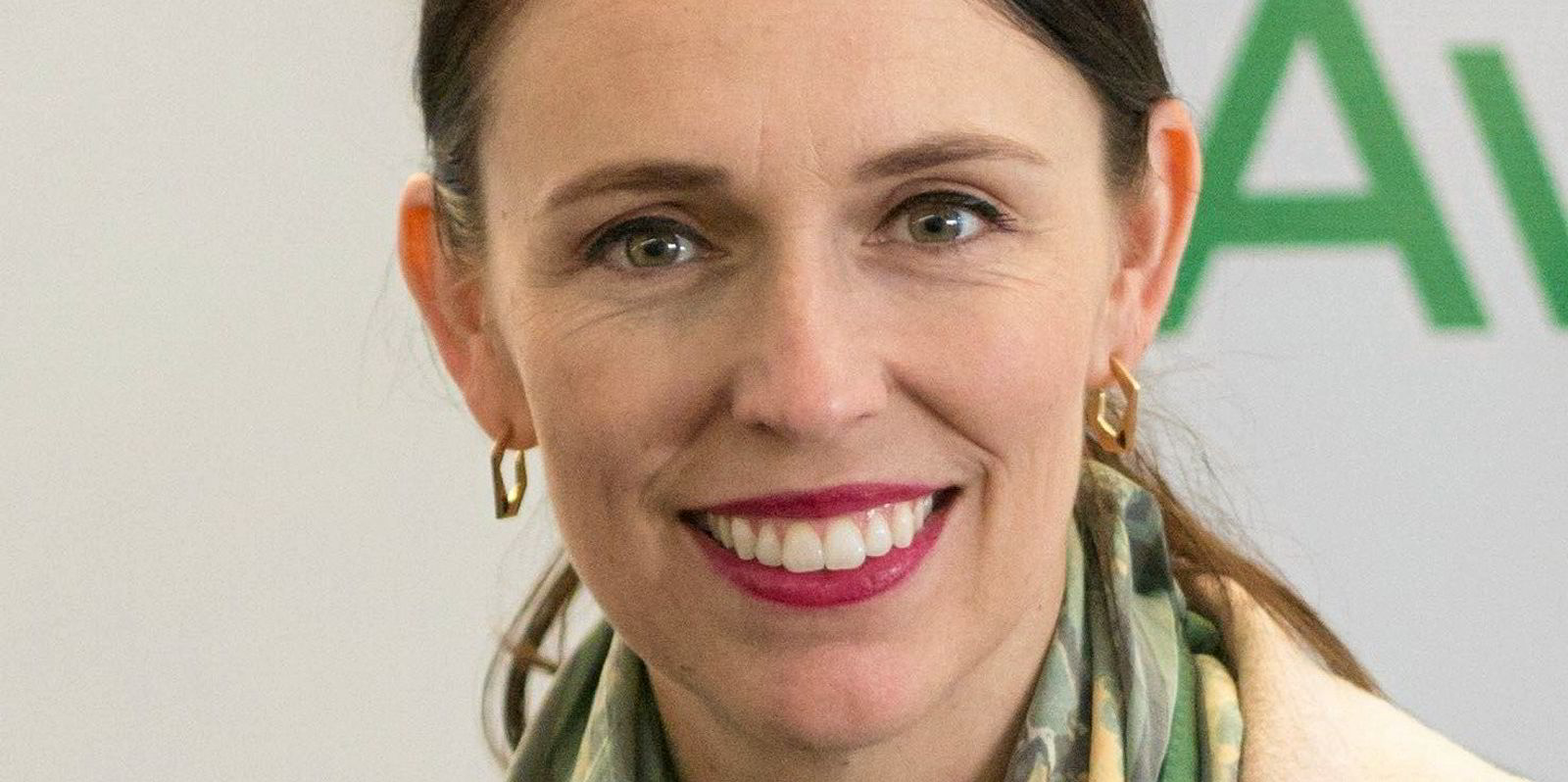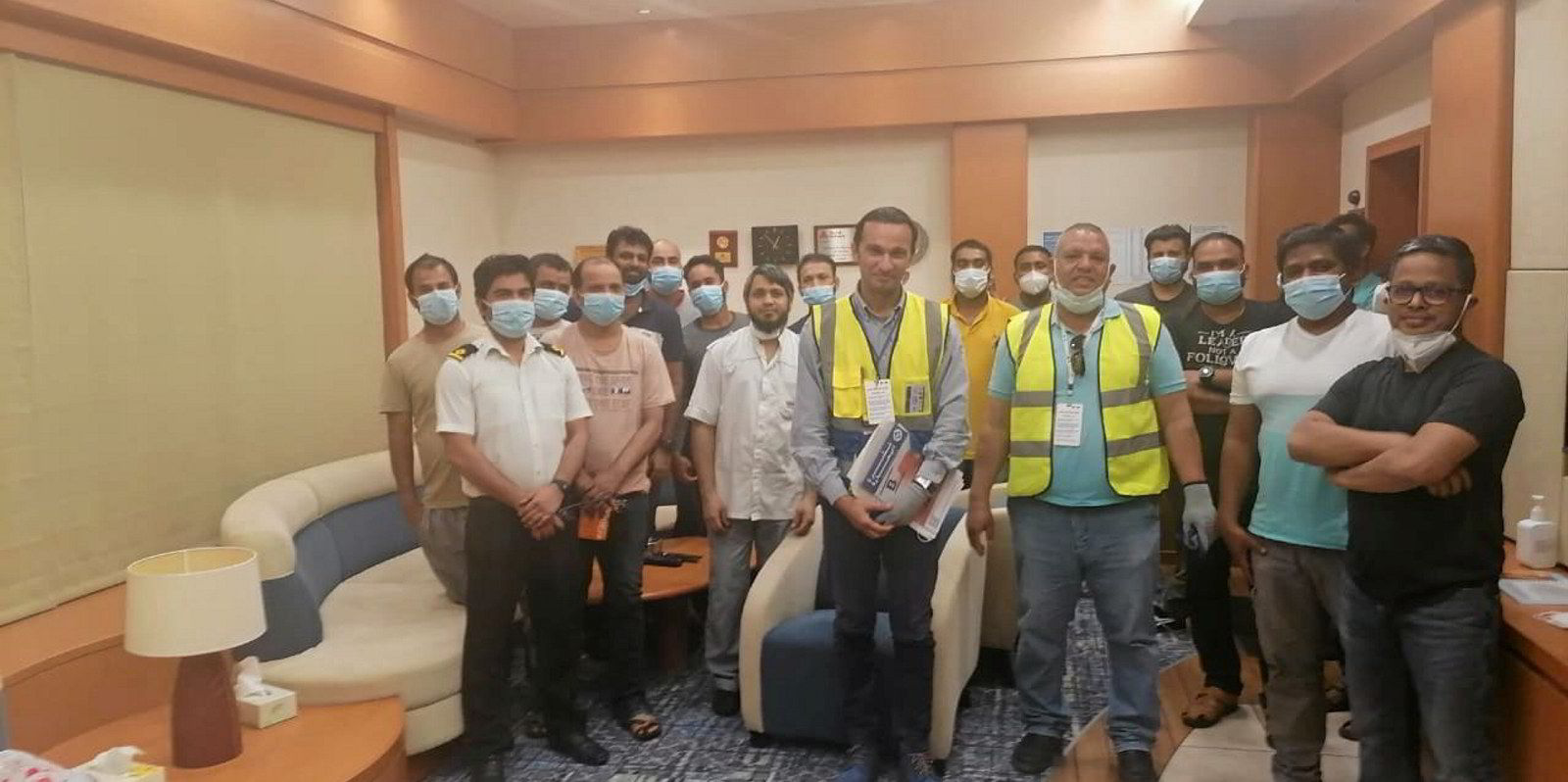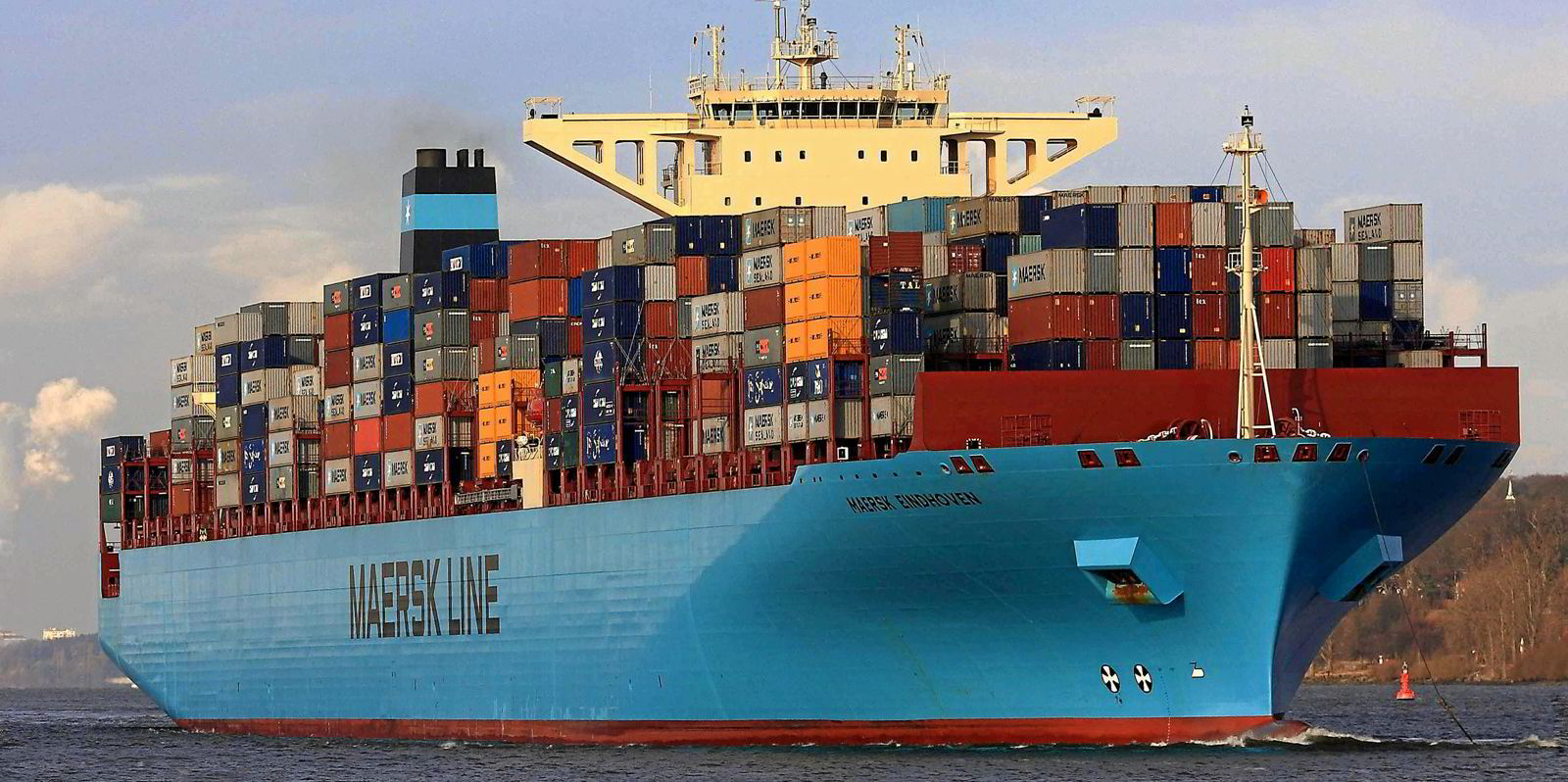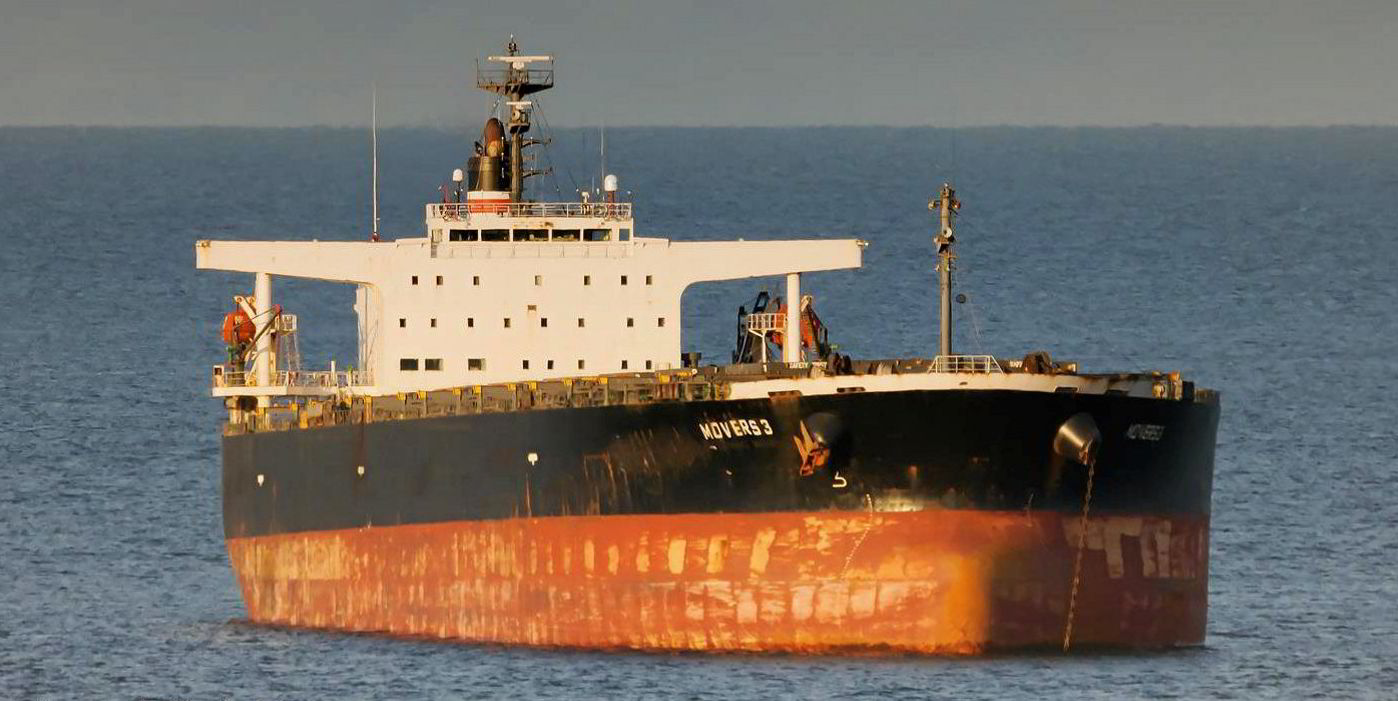UK charity Human Rights at Sea (HRAS) has won a notable battle for improved seafarer welfare in New Zealand.
The government is to pass a law on 1 July that ensures funding for crew welfare centres, rather than have them rely on charitable donations, as has been the case until now.
Maritime levies will fund the centres in future.
HRAS chief executive David Hammond told TradeWinds: "We believe that this is one of the most significant recent 'wins' for seafarers' welfare."
The government is amending the Maritime Transport Act (MTA) so that it complies with the Maritime Labour Convention (MLC).
Report spurred action
HRAS teamed up with the Reverend John McLister, chair of the Seafarers Welfare Board for New Zealand (SWBNZ), for an April 2020 report that criticised the state of the centres.
The ruling Labour Party, led by Prime Minister Jacinda Ardern, then included a pledge to provide state funding in its manifesto for last October's general election, which the party won.
Transport minister Michael Wood has confirmed to HRAS that the change means long-term and sustainable funding.
He said Covid-19 impacts on seafarer welfare had drawn attention to the financial pressures faced by the SWBNZ, the voluntary organisation providing the services.
"The MLC envisages that financial support for welfare services be shared across the maritime sector through measures such as levies from shipping sources, grants from public funds and voluntary industry and charitable contributions," he added.
Previously, maritime levies on shipping under the MTA could be used for a wide range of shipping-related purposes, but not for seafarer welfare.
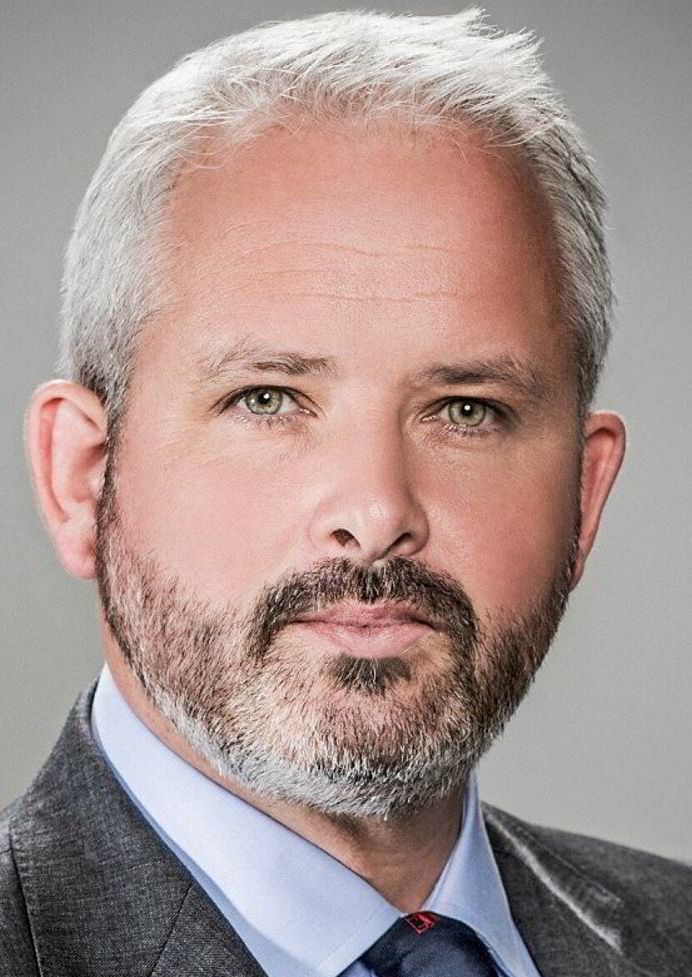
The government has also provided interim funding for the SWBNZ pending the amendments.
This allowed the board's staff to visit and support seafarers on more than 800 ships between September and November 2020 — 94% of all vessels that entered New Zealand waters in that time.
The SWBNZ has ensured that portable wifi units are made available for ships, providing an internet connection to 794 vessels.
There are now seven paid SWBNZ staff members around New Zealand, including a national coordinator to ensure consistent delivery of services.
"The government is committed to ensuring that its obligations under the MLC are fully given effect to," Wood said.
HRAS said the government’s commitment to permanently address the issue of sustainable funding for seafarer welfare centres should be congratulated.
The proposed legislative change "will be closely watched by the maritime industry, states, UN agencies and civil society", the charity added.
In 2017, it cost New Zealand seafarers’ charities more than NZD 700,000 ($500,000) to finance the shore-based welfare centres.
There were grants of NZD 5,000 from Maritime New Zealand, NZD 10,000 from port authorities and NZD 5,000 from Christchurch Council.
The cost of running the centres would be much higher if not for the reliance on voluntary labour.
HRAS estimated that in 2017, using the independent volunteer sector rate of NZD 23 per hour, volunteers contributed NZD 600,000 to staffing the centres.
